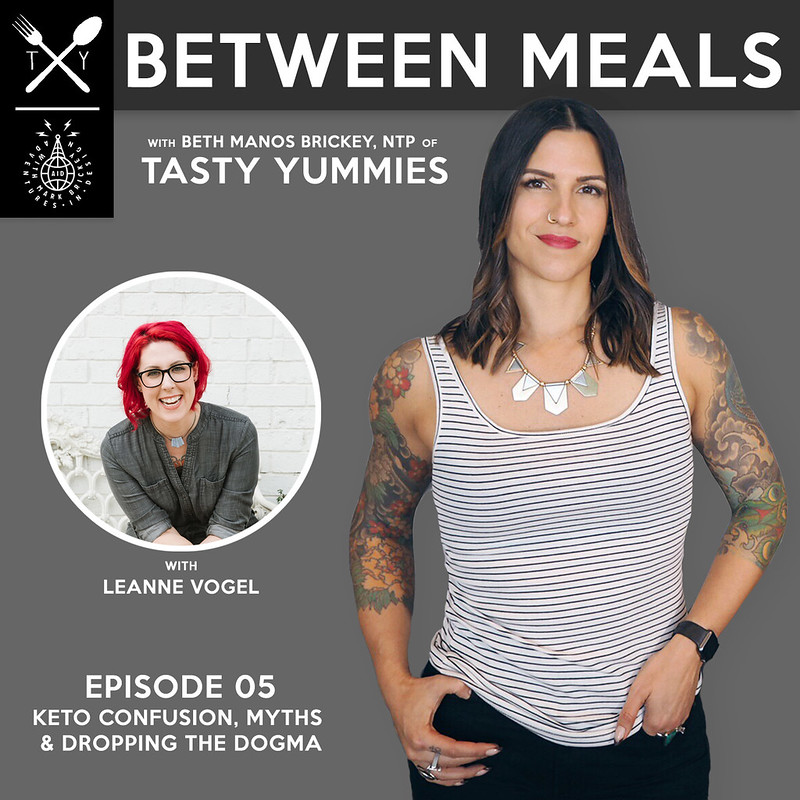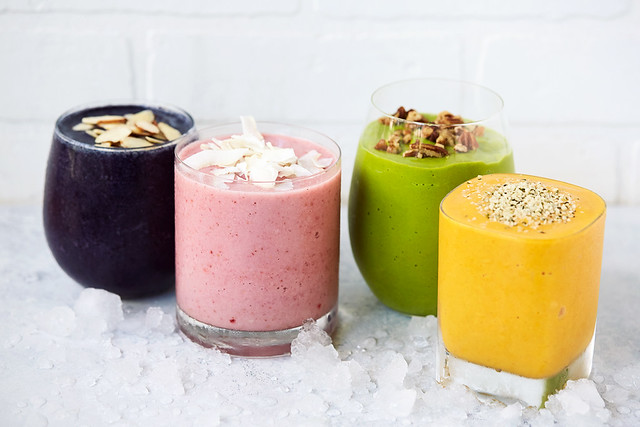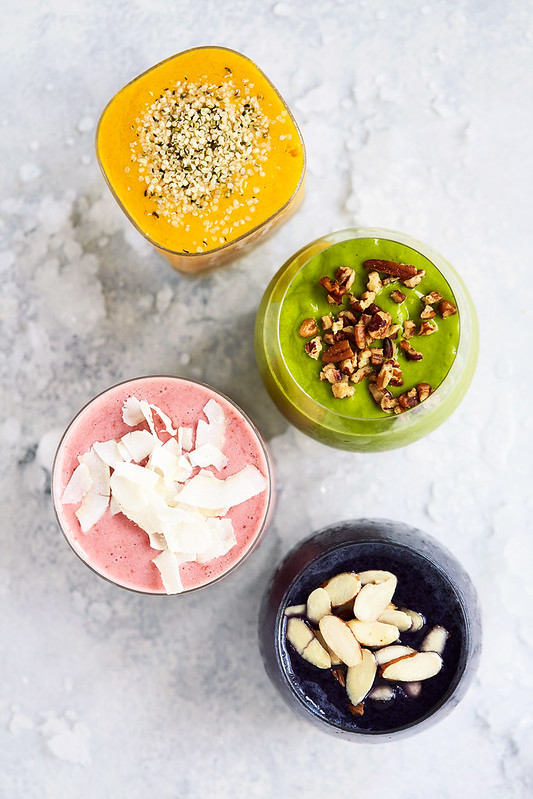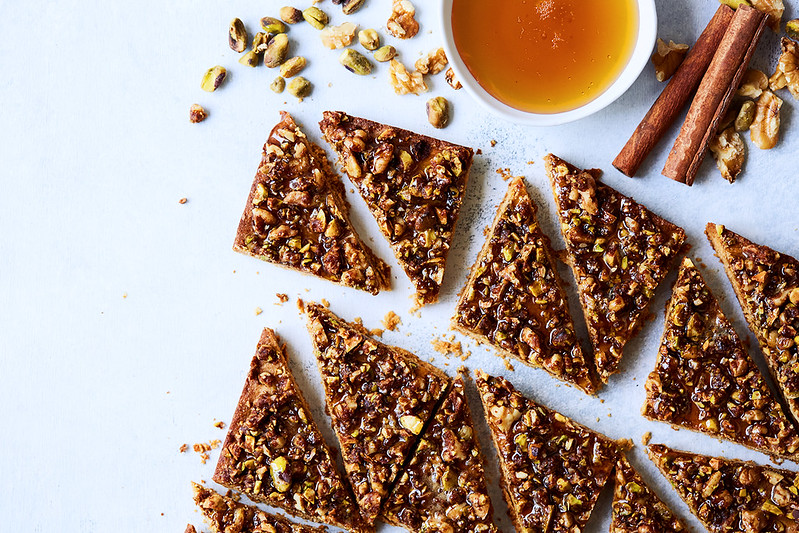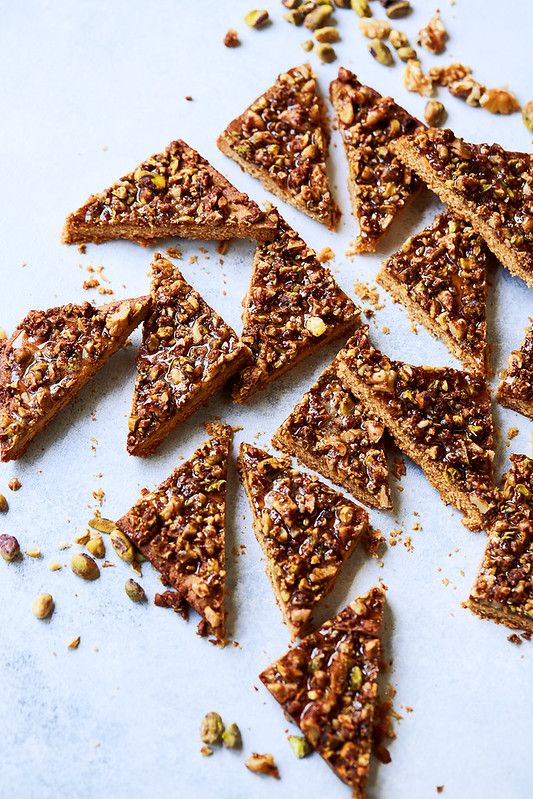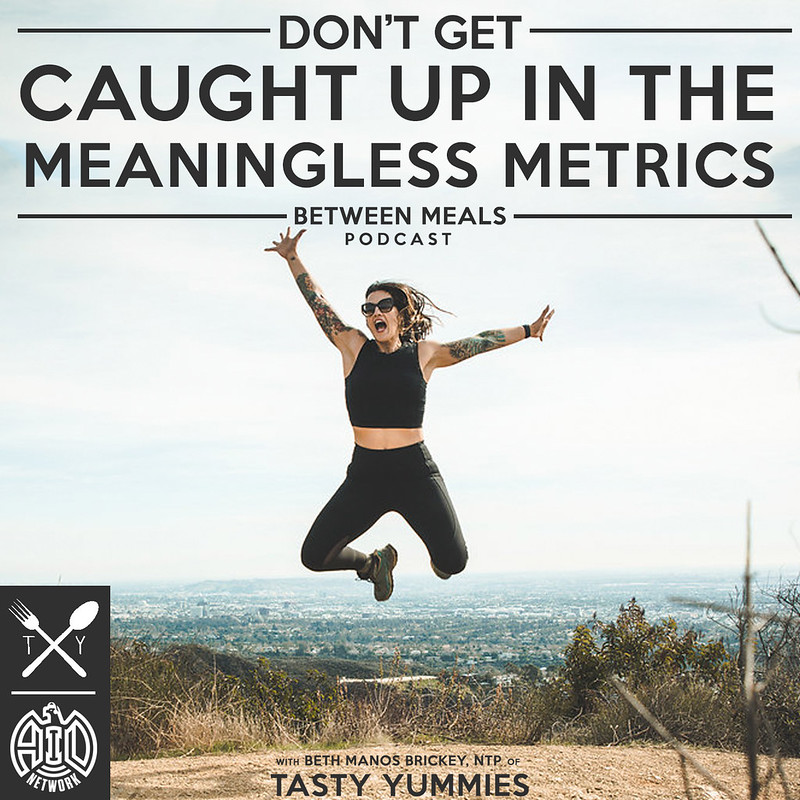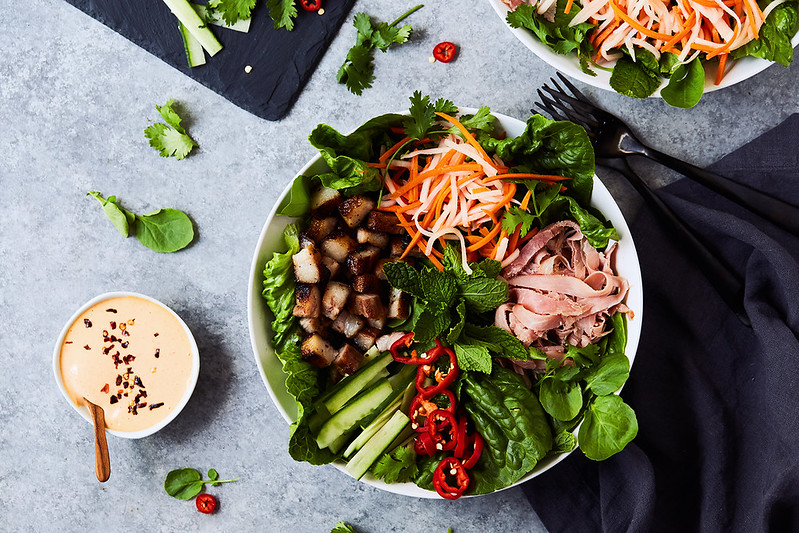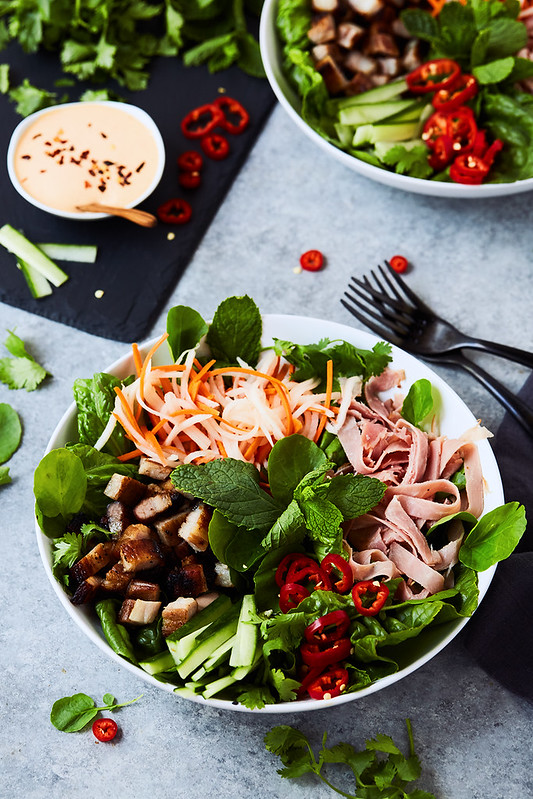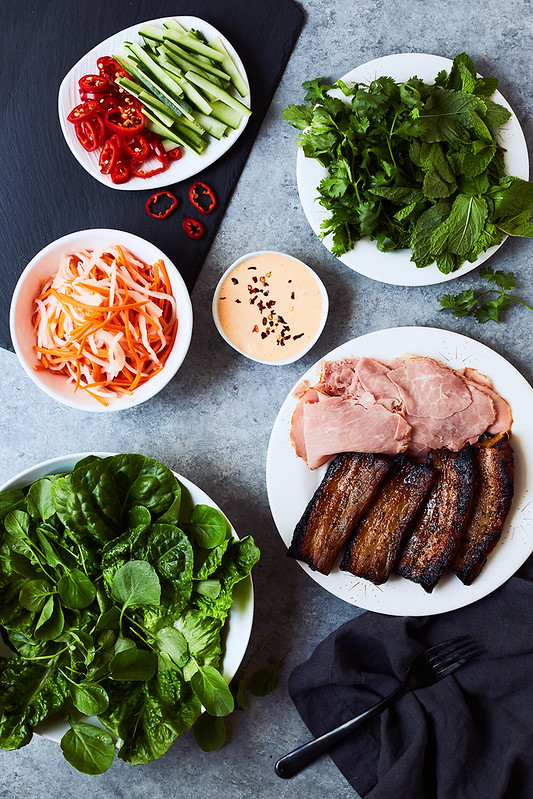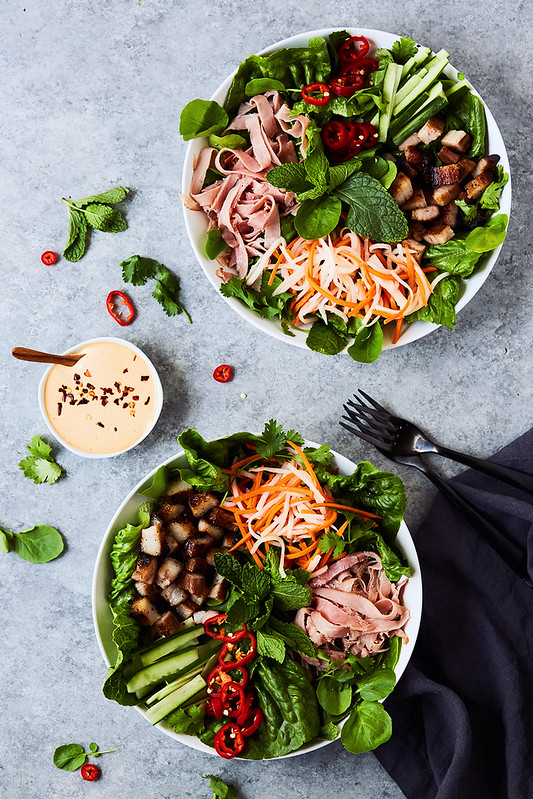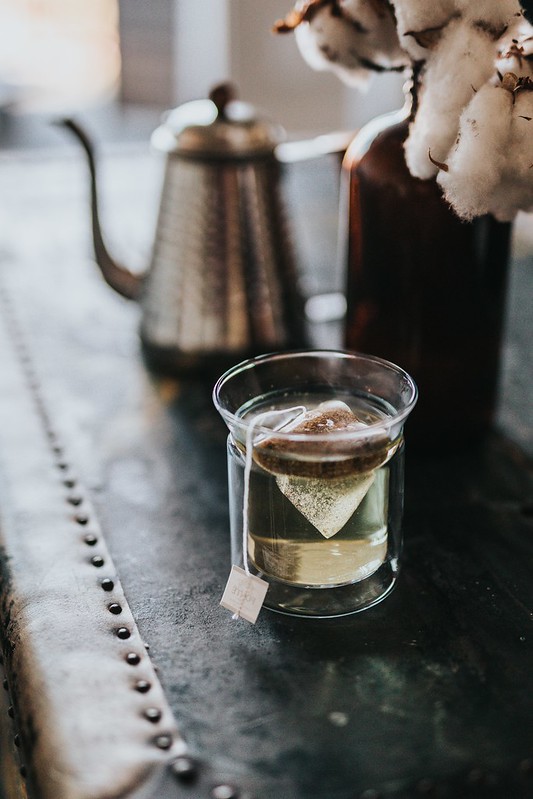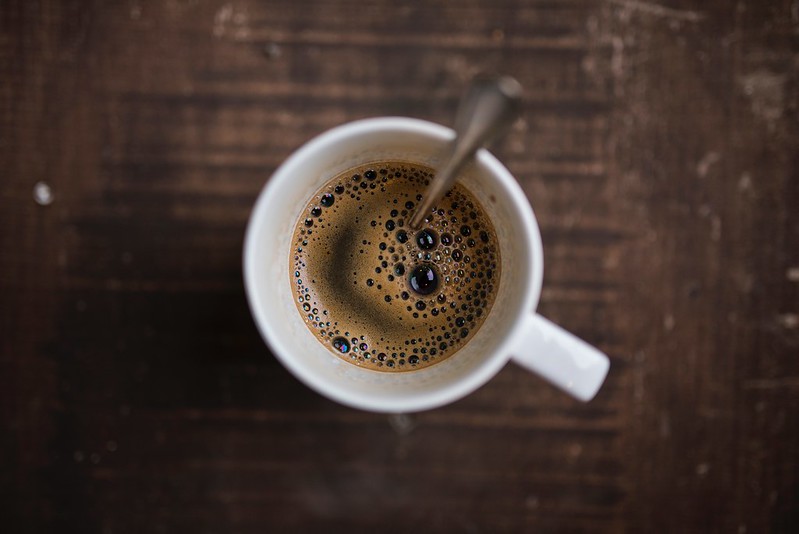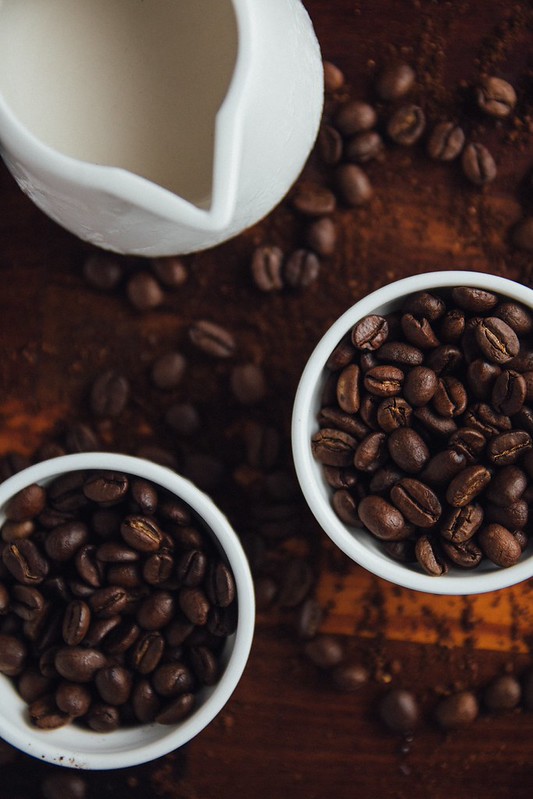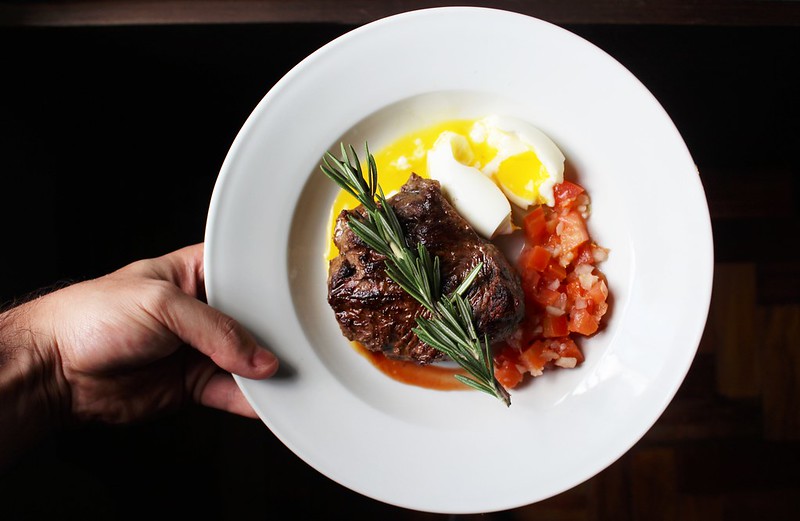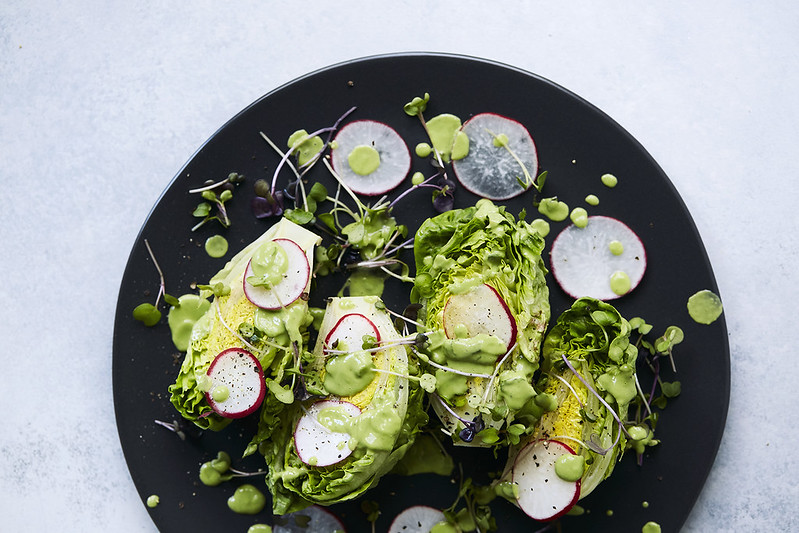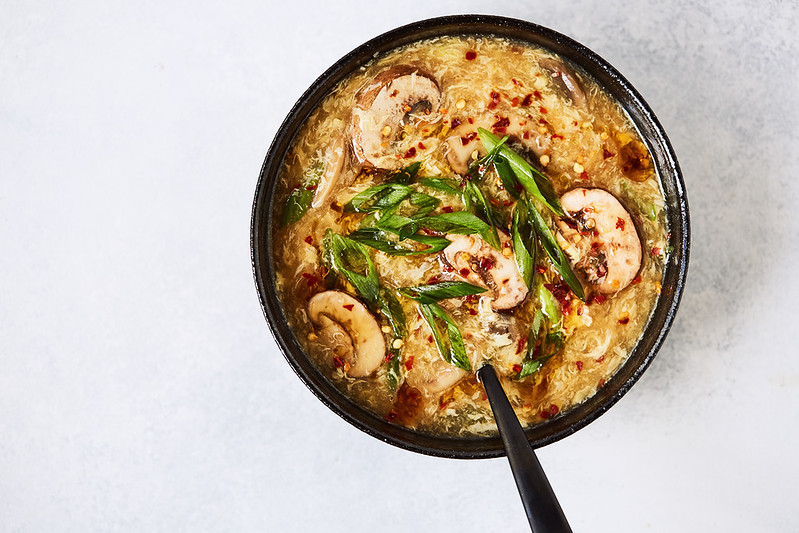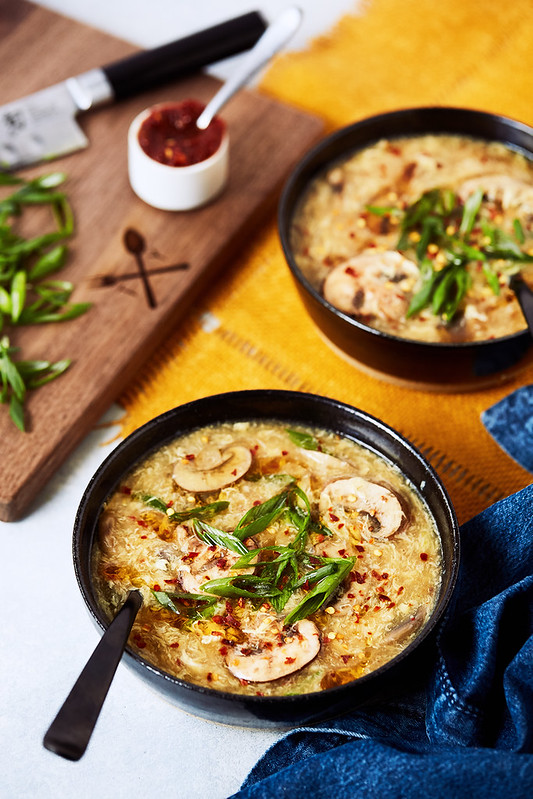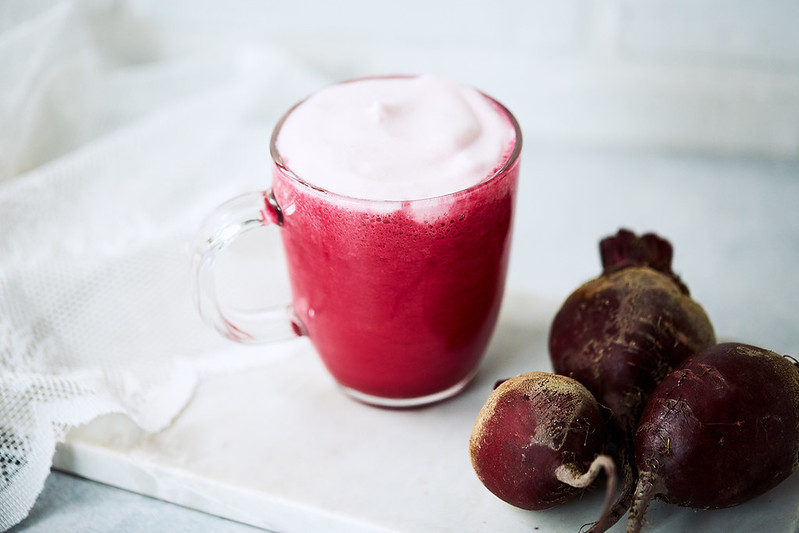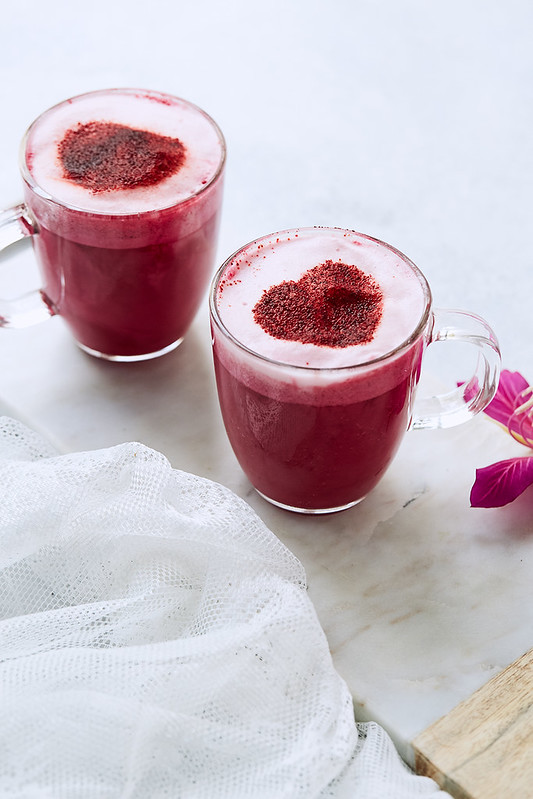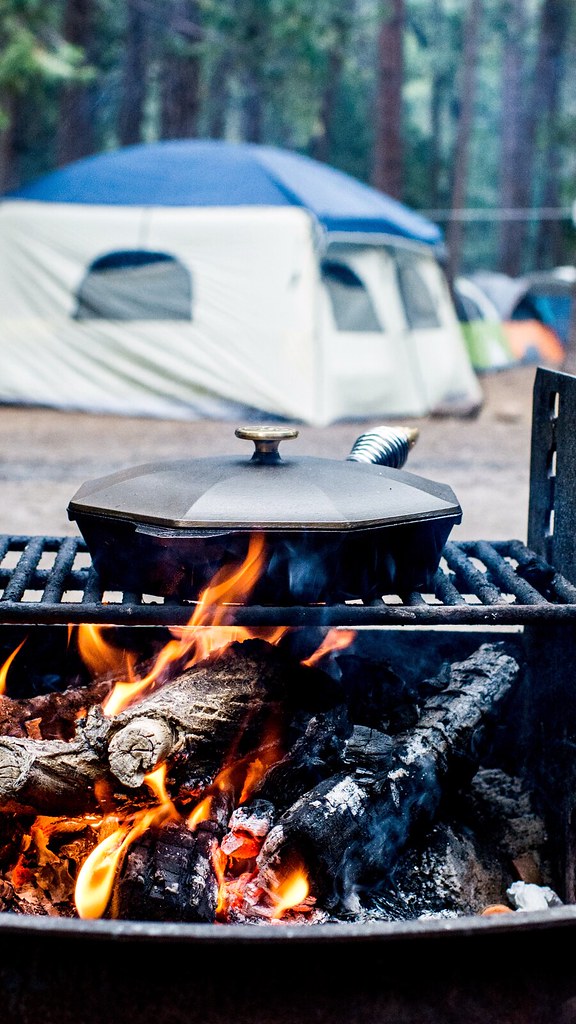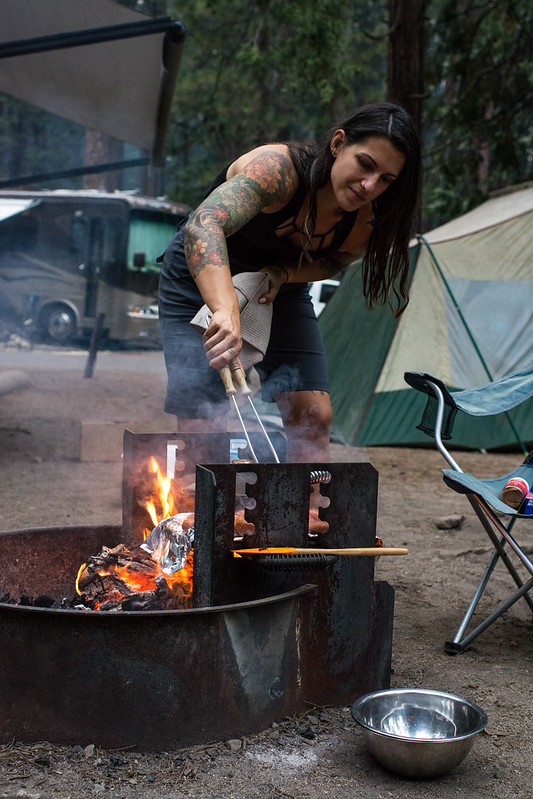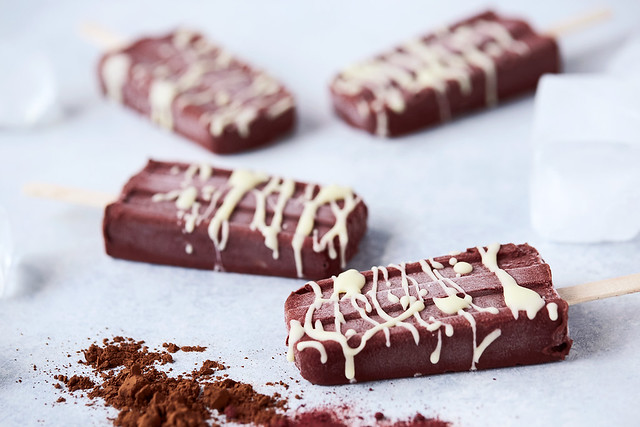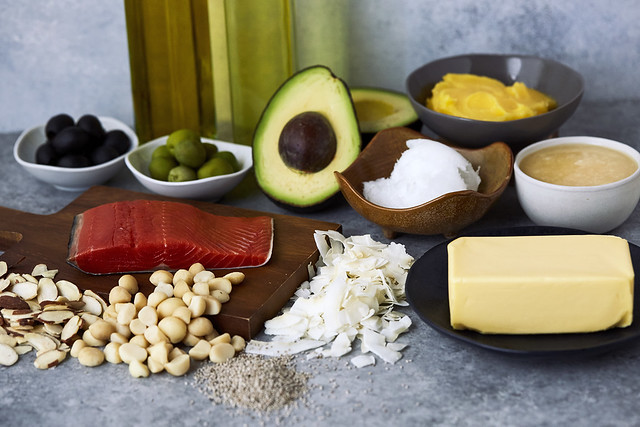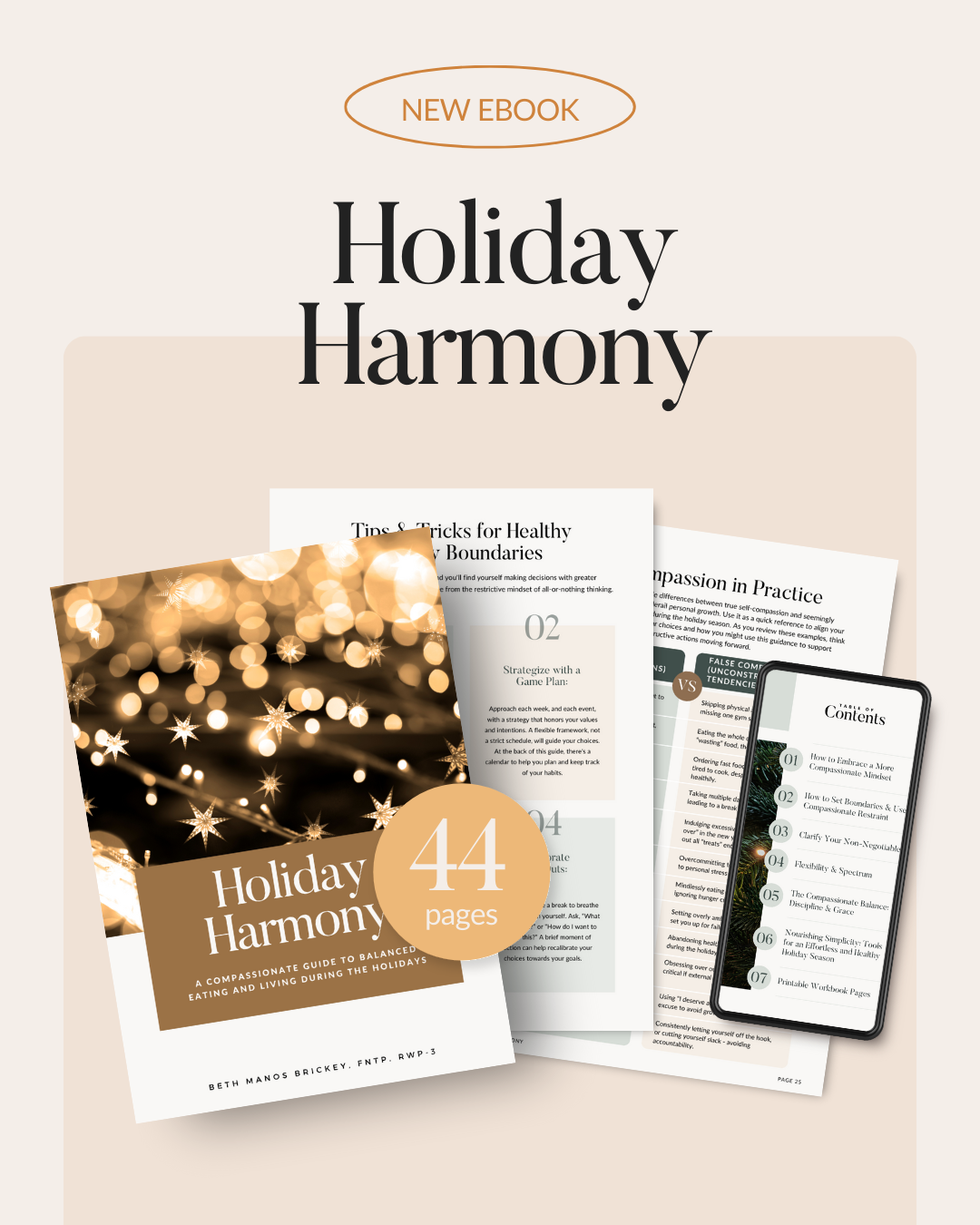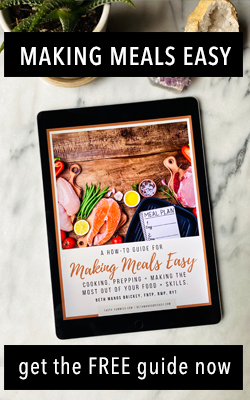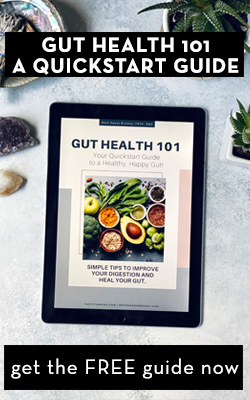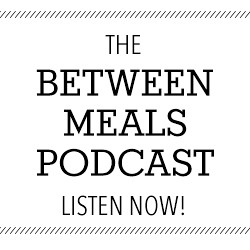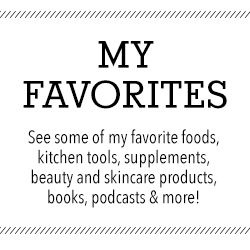-
Between Meals Podcast. Episode 06: The Science of Sleep and How to Fix It.
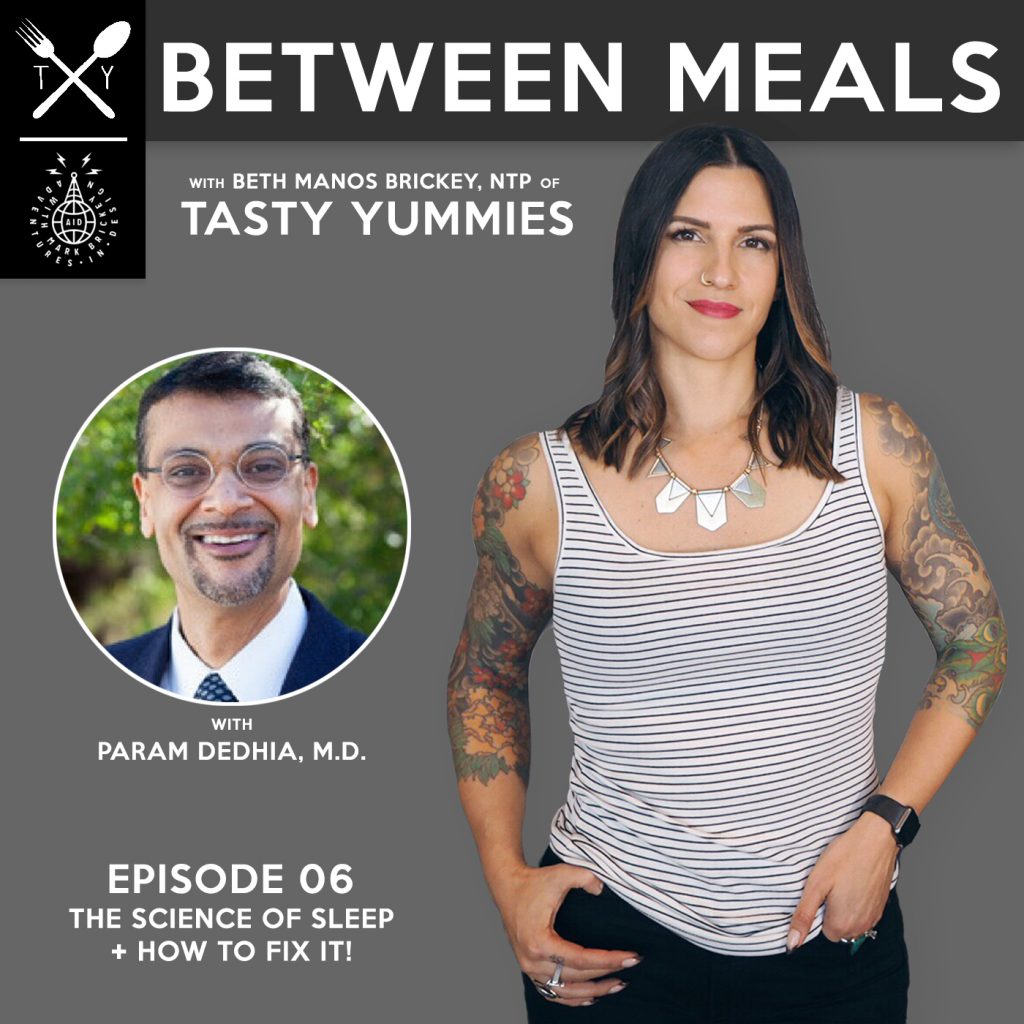
There are very few things that are as crucial to our health as a good night’s sleep. On this episode of the Between Meals Podcast we are joined by sleep expert Param Dedhia, MD and we are talking ALL about the science of sleep and how to fix it. Disordered sleep or a lack of sleep are serious stressors on the body that can affect heart health, insulin resistance, cognitive function and moods, fat loss and more. If you have trouble sleeping or simply want to optimize or better prioritize your sleep – this episode is for you.
Dr. Dedhia is a Physician, Weight Loss Program Leader & Director of Sleep Medicine, Canyon Ranch in Tucson, Arizona where he championed the re-launch of the Weight Loss Program at the Life Enhancement Center and actively serves as Director of Sleep Medicine. He specializes in internal medicine, executive health, preventive cardiology, longevity, mind-body medicine, integrative medicine, weight loss and sleep.
SHOW NOTES, TOPICS & REFERENCES:
- The importance of making sleep a priority, how many hours of sleep is enough?
- Sleep quantity vs quality – which is most important?
- The Sleep Heart Health Study (sleep apnea and it’s affects on heart health)
- Correlation between metabolic syndrome and sleep apnea
- Are you cheating yourself of sleep for more hours of “productivity”? How a full night’s sleep can benefit your work, creativity and productivity.
- The importance of the timing of your sleep, does it matter when you go to sleep and when you wake up?
- What can you do if you are alert and awake at bedtime.
- Understanding circadian rhythm.
- Your day time sets up your night time – tips for setting up a day that will encourage a better night’s sleep.
- The importance of bedtime rituals.
- How sleep can scrub out negative thoughts from the day prior.
- Why you might be waking up in the middle of the night.
- Understanding the various sleep cycles and what happens in each.
- Stay curious – 6 common signs that your sleep is not normal.
- If you have sleep apnea – do you NEED a CPAP machine?
- Is severe disordered sleep equivalent to smoking a pack of cigarettes?
- Why do some people sleep deeply and other people are more light sleepers?
- Sleep supplements and other natural remedies.
- A sleepy brain is a hungry brain.
AND MORE!
And of course, as always, we finish the interview portion of the show with a fun game of Would You Rather?
Be sure to stick around for the wrap up portion of the show where we talk briefly about:
- different types of magnesium, which are best for sleeping?
- bed time rituals and practices + things to consider for better sleep.
- why your low carb diet may be affecting your sleep.
LISTEN NOW ON ITUNES
References:
- How to Stock a Healthy Keto Pantry
- More Resetful Sleep Bedtime Yoga and Boosted Sleepy Time Yoga
- 10 Minute Grounding Meditation
- How to Take a Break from Coffee and Why You May Want to Consider It
- 14 day Caffeine-free Challenge
LISTEN NOW ON ITUNES
You can now subscribe to Between Meals on iTunes or Soundcloud.
THANK YOU FOR LISTENING:
Since we are still pretty new on iTunes, please do us a solid and SUBSCRIBE and of course, we would be honored if you took the time to rate and review the show, this will help more people find us and help the show to grow! If you liked this episode or others, please share on social media and tag us, share with friends and family, etc – this means the world!
-
Between Meals Podcast // Bites Episode 07: How Do You Get Started?
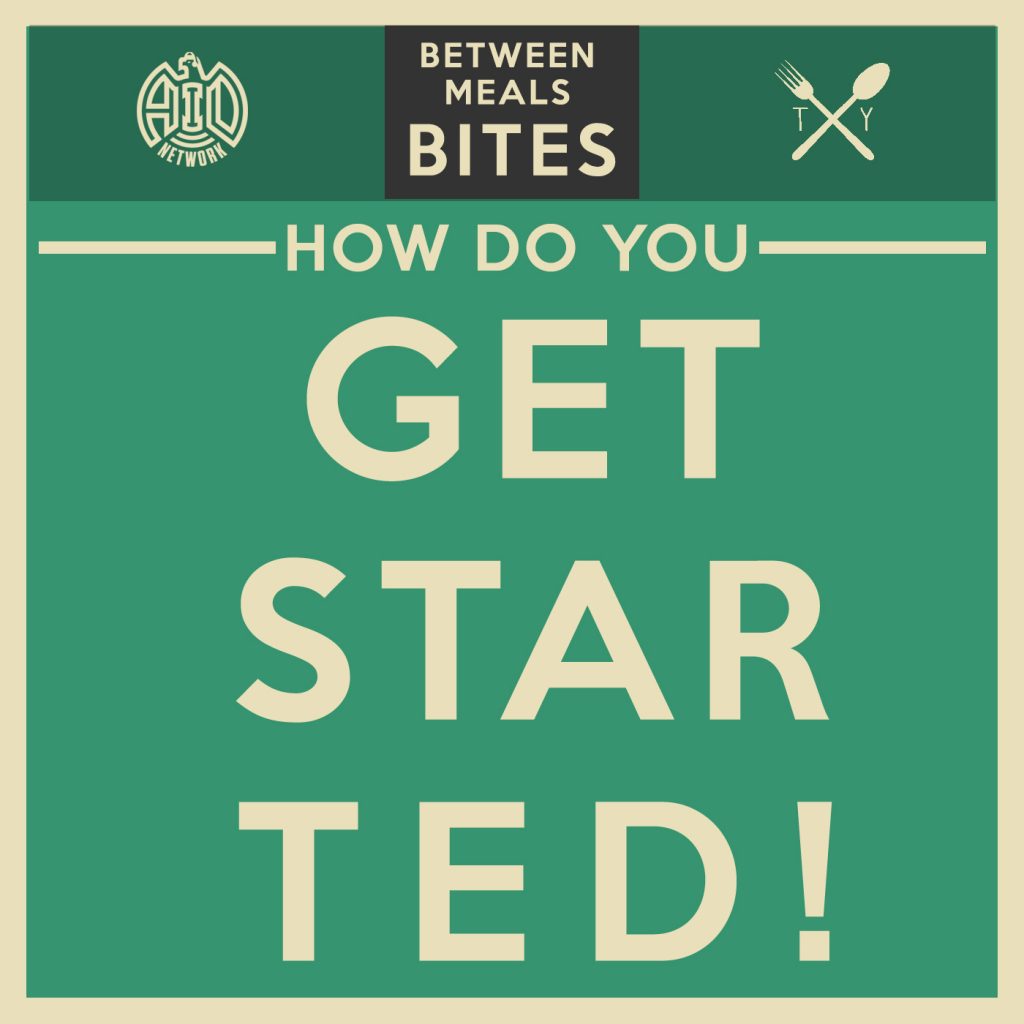
Between Meals // Bites Episode 07 is the final in the 3-part series all about Motivation, Priorities and Small Steps. Based on your feedback and requests on these topics, we pulled together this series that I am so excited to share with you all.
In the first episode we talked specifically about motivation, what exactly that means and some ideas on how to critically investigate what you are doing that IS working and what you are doing that IS NOT working, so you can have some clarity in the process of getting to whatever it is that you seek for yourself and have an understanding of what exactly is acting as a barrier. In the second episode we talk all about priorities and making time so there is less pressure on seeking external motivation and needing willpower and there is more focus on creating systems and a process. It’s about creating habits that can one day be effortless, no negotiations needed.
After the checks and balances of the first two episodes, in this final episode we are chatting all about small steps and just diving in and getting started! All it takes is one small step. One step is action and action is momentum and this is what creates movement, shifts and change.
We are talking about the small steps, just doing a little something. Not always focusing on results or goals and instead creating habits.
ARE YOU READY TO COMMIT TO A FEW SMALL STEPS?
WHAT IS ONE SMALL STEP YOU CAN TAKE TODAY?
Don’t forget, be sure to listen to the first two part in this series Part One: How Do You Stay Motivated? and Part Two: How Do You Make Time for It? and head back to the archives, for more conversations similar to this, like Episode 02 we talk about finding our WHY, Bites Episode 04 we talk about Shoulding All over Yourself and even within the Bites Business Mastermind Series we have plenty of discussions surrounding perfectionism and comparison that pertains to this conversation, too.
Mark’s Podcast Episode: My Greatest Tip for Productivity
LISTEN NOW ON ITUNES
(listen on iTunes)You can now subscribe to Between Meals on iTunes or Soundcloud.
THANK YOU FOR LISTENING:
Since we are still pretty new on iTunes, please do us a solid and SUBSCRIBE and of course, we would be honored if you took the time to rate and review the show, this will help more people find us and help the show to grow! If you liked this episode or others, please share on social media and tag us, share with friends and family, etc – this means the world!
-
Between Meals Podcast // Bites Episode 06: How Do You Make Time for It?
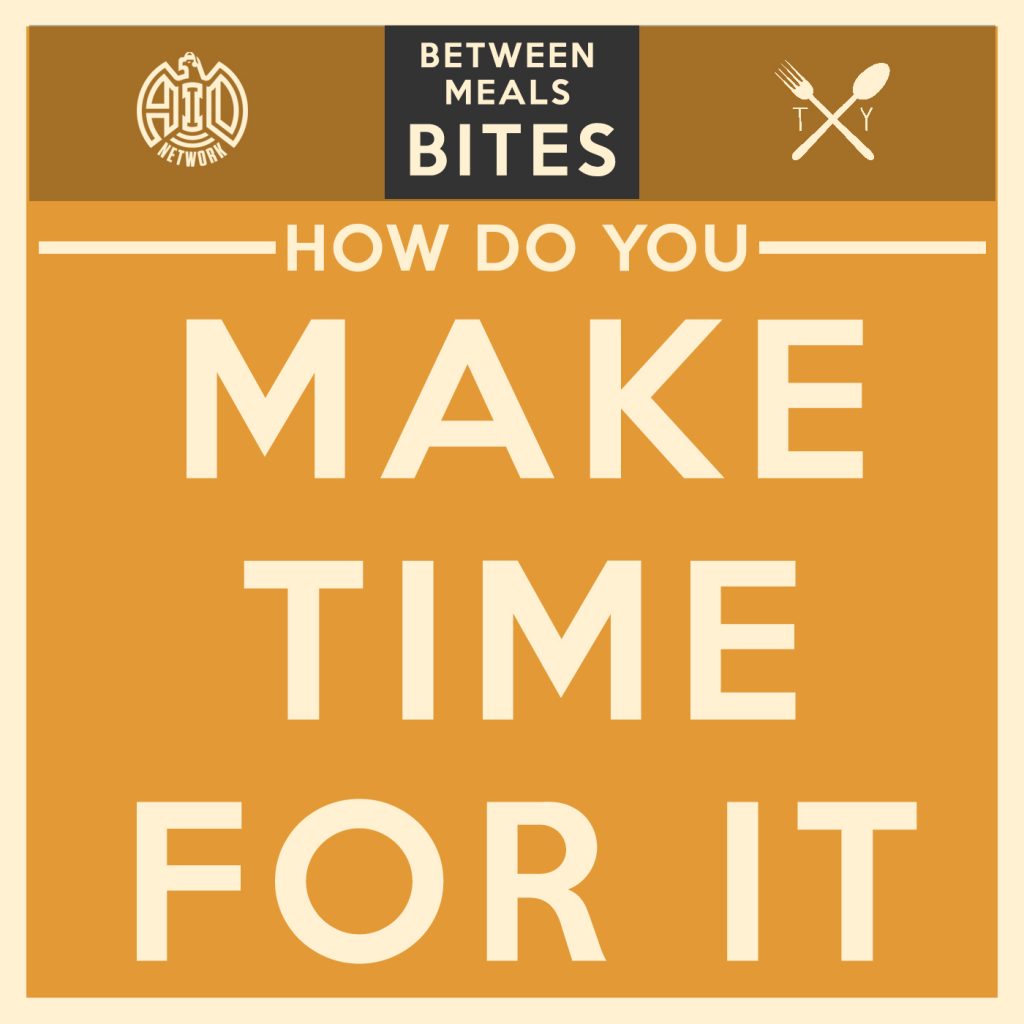
Between Meals // Bites Episode 06 is the second in a three-part series where we are chatting all about Motivation, Priorities and Small Steps. Based on your feedback and requests on these topics, we pulled together this series that I am so excited to share with you all.
In the first episode we talked specifically about motivation, what exactly that means and some ideas on how to critically investigate what you are doing that IS working and what you are doing that IS NOT working, so you can have some clarity in the process of getting to whatever it is that you seek for yourself and have an understanding of what exactly is acting as a barrier.
In this second part, I am excited to be sharing a tool that I recently implemented into my own life for prioritizing the things that I want to accomplish and felt I never had time for. Plus, we talk about getting systems in place for finding the time to develop new habits that will become as effortless as the ones that are just part of every day life. No negotiations or motivations needed. Again, I think it’s important to remember when we look to create habits and focus on the small steps of forward momentum, it really becomes so much less about a reliance on motivation and it isn’t about looking for the magical super powers needed to reach huge, unrealistic goals. Ultimately you have the freedom to worry less that you are ON or OFF track and it simply becomes about living the life you’ve cultivated for yourself by prioritizing what is most important to you RIGHT NOW.
Stay tuned for next weeks final episode in this three-part series, where we will talk all about small steps and getting started!Ultimately, I have to say that think the idea of willpower, self control and relying on motivations are kinda B.S., because to me when we rely on these as the means to get to where we want to go, it seems as if you are placing all hope in the idea that these strike right when you need them to and ultimately you aren’t taking responsibility for the process or for creating systems that will make the life you want to be living sustainable, effortless and simply just that, living. Not on track, not on the wagon, not on a diet.
I think just like your health, we really need to get to the root cause of what is stopping you from developing the new habits in the first place, as those are the true catalysts of making lasting change. In my opinion, also like your health, when it comes to your behaviors you need to be approaching things on a foundational level, rather than symptomatically. You just need to get systems in place that work for YOU, rather than beating yourself up for not reaching a goal or reverting to old habits because of a lack of future plans, when you finally do hit a goal. Because it then leaves it to either you did it or you didn’t, “you win” or “you lose”. Black and white. Right or wrong. When you don’t meet the goal, what is almost never acknowledged is that the problem actually isn’t you, the problem is the process (or the lack there of).
Some of what we investigate in this episode was actually quite hard for me to wrap my brain around as I began to implement them, myself. As a true Rebel (see Gretchen Rubin’s Four Tendencies), at least when it comes to my work, I always hated the idea of systems, habits and time blocking – the idea of it all always felt restricting and like I would lose my freedom to go with the flow in the process, but I have come to realize that in developing the habits and the systems, I finally have clarity in what I am doing. By creating daily habits and systems it has opened up my life and given me more freedoms than I ever knew, because I know what I am doing and I know when I have the space to just exist without flailing and feeling like I should be doing more. When I looked at my health journey and how I prioritize my wellness and vibrancy, those systems and those habits are exactly what has allowed me to be so successful, so it’s no different.
ARE YOU READY TO ASK YOURSELF IF YOUR GOALS /WANTS ARE A PRIORITY?
WE’D LOVE IF YOU SHARE YOUR PRIORITIES ON SOCIAL MEDIA – PLEASE TAG @TASTYYUMMIES!
Stay tuned for next weeks final episode in the series, all about small steps and getting started!
Don’t forget, be sure to listed to the first part in this series How Do You Stay Motivated? and head back to the archives, for more conversations similar to this, like Episode 02 we talk about finding our WHY, Bites Episode 04 we talk about Shoulding All over Yourself and even within the bites business mastermind series we have plenty of discussions surrounding perfectionism and comparison that pertains to this conversation, too.
LISTEN NOW ON ITUNES
(listen on iTunes)You can now subscribe to Between Meals on iTunes or Soundcloud.
THANK YOU FOR LISTENING:
Since we are still pretty new on iTunes, please do us a solid and SUBSCRIBE and of course, we would be honored if you took the time to rate and review the show, this will help more people find us and help the show to grow! If you liked this episode or others, please share on social media and tag us, share with friends and family, etc – this means the world!
-
Between Meals Podcast // Bites Episode 05: How Do You Stay Motivated?
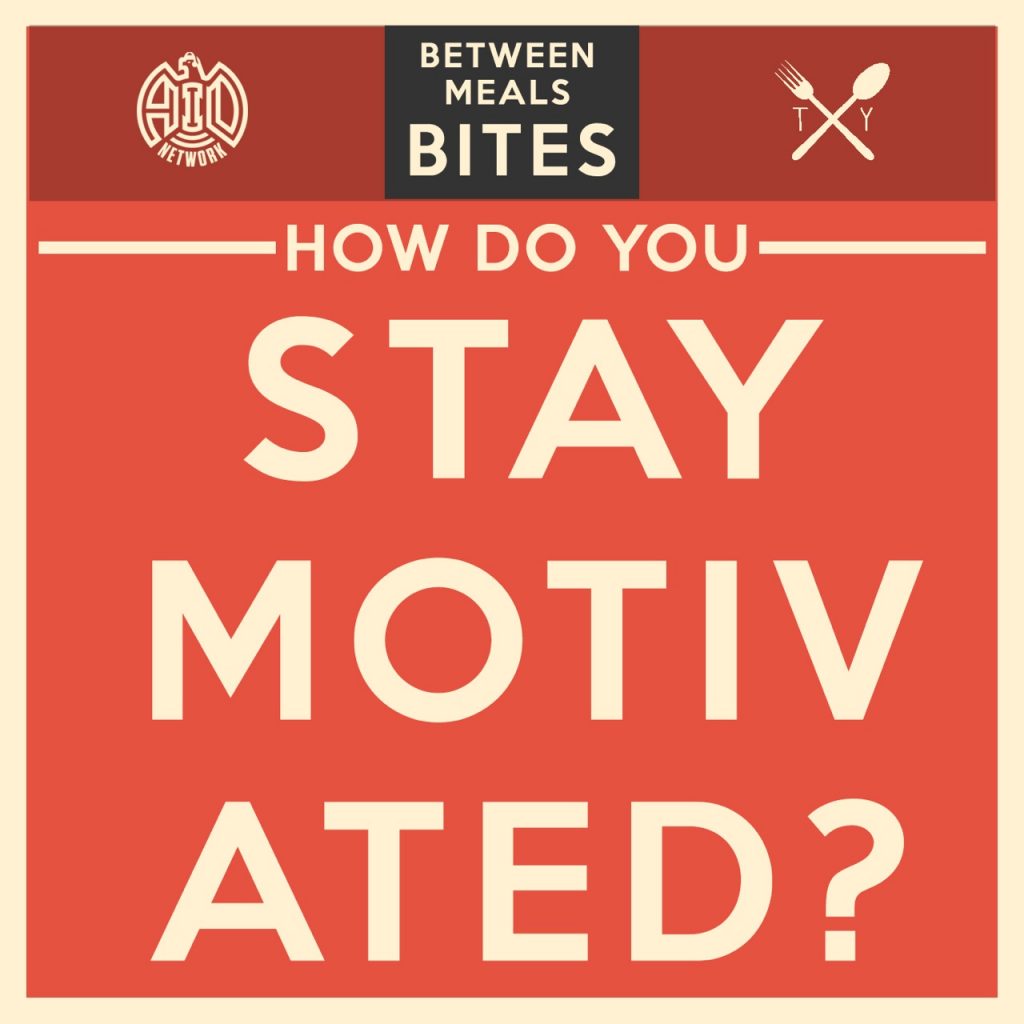
Between Meals // Bites Episode 05 we are chatting all about Motivation, Priorities and First Steps. Motivation is defined as your general desire or willingness to do something. Based on your feedback and requests on these topics, we pulled together a series of three mini BITES episodes and this first episode is ALL about MOTIVATION.
I have to be honest, it was a bit of a challenge in some ways for me to wrap my brain around what I wanted to share and communicate with you all on this idea. Motivation is an interesting and pretty huge topic. There are some areas of my life personally, like my health, nutrition and fitness, (which are the areas that most of you asked about) where motivation doesn’t exactly feel like a factor at this point. I have a lifestyle built on a series of choices I have made and continue to make and habits I have formed and implement.
That’s not to say motivation never played a role, but I am so deeply invested in and the habits are so rooted, for many of these things, it rarely feels like there is a reliance to get motivated or a need to find it. There’s not ever a negotiation, it’s just what I do.
So, I had to really sit with it all and look back at where I started, to truly wrap my brain around what I could share with you all, but I also spent some time investigating the areas of my life where I maybe DO struggle with the motivation and I took a look at the steps necessary for prioritizing the things I really and truly want.
I am excited about this series and I am also really looking forward to hearing from all of you on what resonates with you, what you still struggle with and to keep the dialogue flowing.
Don’t forget, head back to the archives, for more conversations similar to this, like Episode 02 we talk about finding our WHY, Bites Episode 04 we talk about Shoulding All over Yourself and even within the bites business mastermind series we have plenty of discussions surrounding perfectionism and comparison that pertains to this conversation, too.
LISTEN NOW ON ITUNES
(listen on iTunes)You can now subscribe to Between Meals on iTunes or Soundcloud.
THANK YOU FOR LISTENING:
Since we are still pretty new on iTunes, please do us a solid and SUBSCRIBE and of course, we would be honored if you took the time to rate and review the show, this will help more people find us and help the show to grow! If you liked this episode or others, please share on social media and tag us, share with friends and family, etc – this means the world!
-
Between Meals Podcast. Episode 05: Keto Confusion, Myths & Dropping the Dogma
When it comes to keto, I hear the same questions time and time again from so many of you, from my clients and family members, as well I am constantly observing a general overabundance of rumors and myths. The keto confusion is SO REAL! Keto is a super trendy nutritional approach right now, with very good reason, and while I find there is lots of misinformation and misconceptions, I truly believe the benefits and potential, for so many, is getting lost in the dogma, the rules, the unimportant details and straight-up myths.
In episode 5 of the Between Meals Podcast, I am joined by Leanne Vogel of Healthful Pursuit and we take on the most common keto rumors, we answer a few questions from my readers, we chat about the keto misconceptions we encounter most often, Leanne shares her thoughts on carb-ups, plus how to know when to do it and so much more!
LISTEN NOW ON ITUNES
SHOW NOTES, TOPICS & REFERENCES:
- Download Keep it Simple Keto, my brand new FREE 7 Day Quick Start Guide to Keto.
- fat loss isn’t the only purpose of the keto diet
- keto isn’t ALWAYS about changing our bodies
- health isn’t a static definition or a destination
- we discuss common keto myths like: don’t have to eat fat to burn fat, protein kicks you out of ketosis, a calorie is a calorie, etc.
- do you need to follow specific macros or static percentages?
- when tracking ketones is helpful and why it may actually be working against you.
- do you have to eat dairy?
- carb ups – how to know when it might be a good idea and some suggestions on how to approach it – timing and not fearing, using to your benefit
- the potential risks with getting lost in the rules
- practical tips for making keto work for YOU and learning how to customize your approach for your goals
AND MORE!
And of course, as always, we finish the interview portion of the show with a fun game of Would You Rather?
References:
- Leanne’s Instagram Post about her Bathing Suit Body
- Robb Wolf video debunking gluconeogenesis and how protein is NOT going to ruin your keto efforts
- Nutrition Tips for More Energy. Avoid the Afternoon Crash
Be sure to stick around for the wrap up portion of the show where we talk briefly about:
- intermittent fasting
- keto for those struggling with imbalanced hormones deficiencies, PCOS, Hashimoto’s Disease and more
- + we give you some tips on how to answer ‘is this food keto?’
Get more from Leanne Vogel:
- Leanne’s free keto starter guide!
- Happy Keto Body Sign up for updates on Leanne’s 12-week online keto program for women, relaunching in 2019!
- The Keto Diet Podcast, hosted by Leanne (Be sure to check out Ep 66 featuring, yours truly – Beth Manos Brickey ☺ )
- Leanne’s Keto Unlimited group, a Patreon community where she shares behind the scenes insight on her new paperback, keto inspiration, and tons of exclusive member benefits.
Follow Leanne on Instagram, Facebook, and YouTube
LISTEN NOW ON ITUNES
You can now subscribe to Between Meals on iTunes or Soundcloud.
THANK YOU FOR LISTENING:
Since we are still pretty new on iTunes, please do us a solid and SUBSCRIBE and of course, we would be honored if you took the time to rate and review the show, this will help more people find us and help the show to grow! If you liked this episode or others, please share on social media and tag us, share with friends and family, etc – this means the world!
-
Nutrition Tips for More Energy. Avoid the Afternoon Crash. {Video}
Watch this short video to learn how to create the kind of meals that won’t leave you starving within an hour or crashing mid-day! I am giving you the nutrition tips for more energy that I give to all my nutrition clients to help them to ditch the burn out and avoid the afternoon crash.
Each meal is an opportunity to create health and powerful lasting energy or to promote fatigue, constant hunger, inflammation, or worse – disease! I am sharing with you simple tips and my favorite easy-to-remember analogy that you can use at every meal, for building meals that will promote more energy and help you to avoid the dreaded afternoon crash!
We’ve all been there. The 10am hanger, despite eating breakfast or that 2pm crash where you simply just CAN’T EVEN! Rather than coffee to get you through or snacking every two hours, check out the nutrition tips for more energy that I give to all my nutrition clients for building the kind of meals that will creating consistent, all-day-long energy!
Remember at every meal, if you are running strictly on carbohydrates, this is why you are needing to “fuel the fire” every couple of hours. Even those healthful, nutrient-dense carbs, on their own it gives us quick fueling energy, but without a more sustainable energy source, like protein and fat, this means we are constantly tending to the fire.
Examples of:
Healthful Proteins:
-
Between Meals Podcast. Episode 04: Celebrating Non-Scale Victories // Don’t Caught Up in Meaningless Metrics
We’ve all been there… letting the scale determine our worth, letting our followers, our likes and other arbitrary metrics determine our progress and our success. I am excited today to be chatting about how-to Celebrate the Non-Scale Victories – Don’t get caught up in the meaningless metrics.
Progress isn’t linear, nor is it always measurable in traditional ways. In your health, in business, in life! Speaking specifically about our health, we can’t use weight as our only measure of success. There are many other ways to see results and to measure our progress, taking pressure off of the arbitrary metric-based goals, like the number on a scale, as our only measure for our meeting goals. In Episode 04 of Between Meals we talk all about celebrating non-scale victories and measuring progress in our health and in our life, in non-traditional ways and not letting the numbers define you!
Episode References: Episode 02 – Eyes on Your Whys
LISTEN NOW ON ITUNES
I would LOVE if you took the time to share in the comments here some of your own Non-Scale Victories
You can now subscribe to Between Meals on iTunes or Soundcloud.
Since we are new on iTunes, please SUBSCRIBE and we would be honored if you took the time to rate and review the show, this will help more people find us and help the show to grow! If you liked this episode or others, please share with friends and family!
-
The 14-Day Caffeine-Free Challenge // Reset Your Caffeine Tolerance
This 14-Day Caffeine-Free Challenge serves as an opportunity to break the caffeine addiction for good or as a temporary break to give your neurotransmitters a hard reboot. Consider it a reset to your caffeine tolerance.
The 14-Day Caffeine-Free Challenge // Reset Your Caffeine Tolerance
To simplify it, as your body becomes accustomed to consuming caffeine, you need to consume more and more of it to experience the same energy boost. Acting in a similar manner to anti-depressants, high doses of caffeine on a regular basis acts as central nervous system stimulant and can flood the brain with neurotransmitters, creating neurotransmitter resistance or long term receptor damage 18. Olekalns, N. (1996). Rational addiction to caffeine. Journal of Political Economy, 104(5), 1100.
Reasons to Take a Break From Caffeine and Reset Your Caffeine Tolerance:
- Caffeine no longer affects you the way that it once did
- You crave caffeine and NEED it to start your day or to get through the day
- Your daily caffeine consumption amounts are insane
- You are experiencing high levels of stress, anxiety, anxiousness or adrenal fatigue
- Your sleep health has been suffering
- It’s leading to health problems
- Doctors orders
How-to Beat the Coffee Addiction
The good news: to kick the caffeine habit, you really only need to get through about 7-12 days without drinking any caffeine. During that time, your brain will naturally decrease the number of adenosine receptors on each cell, responding to the sudden lack of caffeine ingestion. If you can make it that long without a cup of joe or a spot of tea, the levels of adenosine receptors in your brain reset to their baseline levels, and your dependence will be broken. 2https://www.smithsonianmag.com/science-nature/this-is-how-your-brain-becomes-addicted-to-caffeine-26861037/
You can certainly go cold turkey on cutting out caffeine for this 14-day challenge, but if you are a hardcore caffeine consumer, you may want to consider preparing by cutting back gradually and replacing your traditional caffeinated coffee with either half decaf or more gentler forms of caffeine, found in quality teas like green or black tea. I personally really LOVE a Matcha White Hot Chocolate as a gentler alternative to caffeinated coffee, such a treat.
How-to Take a Break from Caffeine and Reset Your Caffeine Tolerance:
References
1. ↑ 8. Olekalns, N. (1996). Rational addiction to caffeine. Journal of Political Economy, 104(5), 1100. 2. ↑ https://www.smithsonianmag.com/science-nature/this-is-how-your-brain-becomes-addicted-to-caffeine-26861037/ -
How-to Take a Break from Coffee (and Why You May Want to Consider It)
Are you feeling that afternoon slump and reaching for coffee or other caffeine to power through? Is your sleep inconsistent and often interrupted? Are you finding yourself needing more and more coffee to get through? Follow along to learn How-to Take a Break from Coffee and Why You May Want to Consider It.
How-to Take a Break from Coffee (and Why You May Want to Consider It)
I am not one of those die-hard, ride or die coffee drinkers who’s been at it every morning for many, many years. There was a very long time, during the middle of my healing journey that I wasn’t able to handle any coffee at all. Even a single cup would cause extreme jitters and serious feelings of anxiousness.
After I healed my gut, went through an extensive liver detox and rectified my adrenal fatigue, among many other things, I did a little experimenting and low and behold, me and coffee were friends once again. We would connect occasionally when I was craving it. Generally it was Boosted, as I found this lessened any jitters straight up black coffee might cause. Overtime I created my own Healthier French Vanilla Coffee Creamer for those folks in my life that wouldn’t give up the sketchy store-bought stuff. I learned to make my own cold brew at home and I even fell in love with a Mint Mojito Iced Coffee number and found myself adding it to keto granola. But, some time last year my occasional cup of coffee, only when it sounded good, turned into an every single morning thing. It became part of my morning routine and the ritual of it became as much a part of the craving (or more) as the caffeine itself.
Then my one 8 ounce cup of coffee in the morning turned into 12 ounces. Suddenly my life included the occasional afternoon coffee. Sometimes even an evening cup. This evolved into me craving coffee when I felt that afternoon slump hit and I would actually at times find myself smelling it, even when it wasn’t around because my brain was lusting after it so deeply to give me that boost. I was finding myself traveling and making plans for how I would get that perfect cup of coffee on the road.
It was fine. Because in my mind, coffee has so many wonderful health benefits and if a light caffeine reliance was the worst thing I had going for me, I would say I am doing pretty good in life. After all, at this point I have chosen to basically all processed foods and for the most part all grains, dairy, legumes, sugar, etc etc all to manage my health and autoimmune symptoms. Just let me have my dang coffee.
The Benefits of Coffee
Coffee has many brain-protective compounds and an abundance of antioxidants, polyphenols and bioactive compounds. Coffee contains vitamin C, magnesium, polyphenols, catechins, flavonoids, and chlorogenic acids. and it’s generally regarded quite favorably by recent research. 1https://www.ncbi.nlm.nih.gov/pubmed/26784461
References
-
Happy Hormones: The Importance of Digestion to Hormone Balance
This is the third Happy Hormones post in our Hormone-Focused Series from Nutritional Therapy Practitioner Brynn D’Avello. I suggest reading the first post The First Step to Happy Hormones and then the second post where we tackle how Blood Sugar Imbalance Affects Your Hormones before you dive into this post covering the Importance of Digestion to Hormone Balance.
As we discussed in the previous post in this series, as important and crucial as blood sugar regulation is to hormone balance in this latest installment we will discuss how digestion is a very, very close second. Since I know Beth has done a killer job breaking down the digestive process in her Digestion 101 series I am only going to touch on the highlights…. with a very special emphasis on the liver.
Digestion is a North-to-South Process, and to help strengthen it effectively we must naturally start at the top and work our way down. Most of us would assume that the first step to digestion is in the mouth, but you actually have to go a little bit higher than that. The brain. To activate salivary enzymes your brain must be engaged. That’s why your mouth waters when you smell something delicious. It’s getting the signal that food is coming its way, and saliva, in addition to chewing thoroughly, helps start the breakdown of food into useable nutrients. (You can read more here about the roles that our brain and mouth play in digestion) Once our food gets to the stomach, gastric juices go to work on proteins and then it gets passed on to the small intestine. Here is where the gallbladder kicks in. Bile is secreted to emulsify the fats in our food to assimilate the necessary elements, to be used effectively. Without good quality bile, fats are not digested properly. Fats are absolutely critical to the entire endocrine system. Our body cannot produce hormones without fats.
-
Eating Doesn’t Have to Be So Complicated: 20 Things NOT Necessary to Being Healthy.
If you follow me on Instagram, you probably read a condensed version of this 20 Things NOT Necessary to Being Healthy post in my feed this past week. The response from you all, was absolutely incredible, so many “amens” and “preaches”, loads of “thank you I’ve been feeling this way too” and “I really needed to hear that”. I received countless private messages and emails and so many of you shared my sentiments with your own community – first of all THANK YOU! I am happy to know that my thoughts resonated and also that I am not alone. It’s so easy to get caught up in it all. I also felt, given the response, this rant deserved a post of it’s own, so it would have the opportunity to live on more permanently and hopefully inspire even more folks, to feel free of this thought process and empowered to shift the focus.
I’ve recently been coming to the realization that the world of health and wellness, at certain times, can feel a bit like a “cool kids club”. With our social feeds abundantly filled with “wellness expert”s touting everything from a detox tea that is the answer to your weight loss woes, to diets that will evidently cure all or oils, powders and mushrooms that will make you better, smarter, prettier, more energized and ageless. It’s hitting a tipping point and it’s all so wildly confusing and overwhelming.
Beyond that, having the opportunity every week here in my own community to feed the most humble of meals to the underserved, to those without homes and those without the means, many times, to get themselves a meal of any kind – my focus has really shifted to making health as accessible and inclusive as possible.
Here’s a Reminder / Insider Pro-tip for You –
NOT a SINGLE ONE of these Things are NECESSARY to Living Well and Being Healthy: -
The First Step to Happy Hormones
The First Step to Happy Hormones honors the very delicate balance of our endocrine system by treating dysfunction on a foundational level rather than simply managing or masking symptoms. This is the first post in a Hormone-Focused Series from Nutritional Therapy Practitioner Brynn D’Avello.
My favorite books come from the 1800s, (primarily Jane Austen’s novels), but Brontë, Dumas, Tolstoy and Dostoyevsky populate my “pleasure reading” shelves as well. The common outcry of women in literature of that period was, “Oh my poor nerves!” Today’s self-diagnosis is, “My hormones are out-of-whack.” Interestingly, the nervous system and the endocrine (hormone secreting) system work together frequently. Epinephrine and norepinephrine are classified as neurotransmitters and hormones.
When clients come to me for nutritional help to balance their hormones I tell them that it’s not a simple process and will require work on my part to investigate where the imbalance is originating to know how to support the underlying foundations of their body. It also takes commitment on the part of the client to change their habits. Endocrine function is a system of complex relationships. The goal is to support the entire system, not just to manage the symptoms. Each client has their own unique needs, and it is important to lay the right foundation for digestion, hydration, blood sugar regulation, mineral and fatty acid balance through a nutrient-dense diet.
What Are Hormones Exactly?
Basically, they are chemical messengers that carry information and orders to organs in the body. They are targeted for specific cell receptors around the body and are used to keep your body in homeostasis, or in balance. We all know that hormones are a key component in reproduction, and while many of us probably only think about them in relation to PMS hormones are critical in many other body processes. Other functions hormones are responsible for are regulating metabolism and energy balance, glandular secretions, some immune system activities; they play a part in the contraction of smooth and cardiac muscles; they control growth and development, and help establish circadian rhythms.
-
Don’t Fear the Fat // The Basics
Why Are We Talking About Fat?
The reason I write this post, is that even though, for so many us, we have woke to this knowledge and have worked hard to reframe our approach to nutrition and no longer fearing the fat, we still have so much work to do. After many decades of low-fat propaganda, the “fat makes you fat” rhetoric is still so deeply ingrained in the collective psyche. Many people STILL greatly fear fat, even though study after study shows that fat is not only harmless 1http://ajcn.nutrition.org/content/early/2010/01/13/ajcn.2009.27725.abstract but that it is in fact, quite necessary to many important functions in the body. I myself see this fear weekly in my nutrition clients, all over the internet and in my social feeds, at the grocery store, at restaurants, at the gym, etc and of course, all of the many side effects of low fat eating – we HAVE to change this dialogue!!
The Basics
It is beyond challenging to decide where to even start on such a huge, huge topic. Chatting about dietary fat is a big undertaking and we are going to merely just scratch the surface with this initial post, decoding the myths and where the fat fearmongering began, along with the crucial reasons we need fat in our diet. So, let’s get to the basics.
First and foremost you need to know that fat is a necessity in our bodies. This vital macronutrient provides building blocks for the brain, hormone and cellular membranes throughout the body, it is essential for the absorption of fat-soluble vitamins like A, D, E and K and it is deeply hydrating!
By adequately increasing my healthy fat intake, more than any other change I have made in my lifestyle and diet, I have personally seen profound affects on my health, from my digestion to my skin including chronic hormonal and cystic acne, from my moods to my ability to concentrate, hormonal imbalances to libido (YUP!). Fat is a powerful anti-aging food, both internally and externally. Consumed as part of a healthful diet, fatty acids (the building blocks of fat) help stabilize blood sugar – allowing your body to release fat, protect it’s lean muscle, and surge with energy. When our focus is on creating meals that are rich not only in healthy fats, but also quality well-sourced proteins and fibrous green leafy veggies, we can thank especially the healthy fats for keeping us satiated. Staying satisfied for longer means so you won’t find yourself searching for the junky, processed snacks in between these healthy, whole food meals.
References
1. ↑ http://ajcn.nutrition.org/content/early/2010/01/13/ajcn.2009.27725.abstract -
4 Reasons to Avoid Vegetable and Seed Oils
4 Reasons to Avoid Vegetable Oils. Vegetable oils are NOT healthy! Read on to discover the 4 biggest reasons to avoid these terrifying, toxic fats!
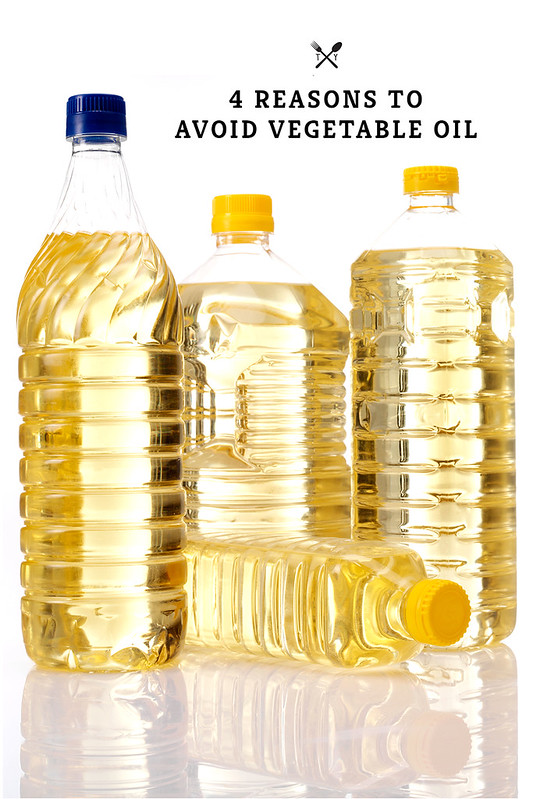
On the regular I find myself saddened and unpleasantly surprised by the lack of easily accessible, reliable information and data concerning food, nutrition and health. Truthfully, looking back, it’s amazing how little I myself knew, before I started down this long, self-initiated, ongoing path of nutritional education and empowerment of the past 10+ years. I am often reminded these days that I live in a bubble of sorts, surrounding myself virtually and otherwise with bloggers, healers, nutritionists and content creators whose lifestyles mirror my own. Reading books, listening to podcasts and following doctors and researchers creating and sharing important information and research about health and nutrition. I tend to forget and maybe I even take for granted, how much I do know and often I find myself making sweeping assumptions that everyone else knows most of it, too. I know for so many of you this post and this information is old news, it’s a rerun, you’ve heard it before. But if this post reaches even one new person, if I can send my new nutritional clients, who are still cooking with vegetable oils, here to learn more, then it’s a success!
As I enter the homes of my nutritional clients, as well as my close friends and family members, the number one thing I see among their food choices, that I immediately want to remove from their pantries and toss aggressively into the garbage: is vegetable and seed oils. In my opinion, vegetable oils are far worse than any overly refined carbs, white sugar or high fructose corn syrup. This deadly, Frankenstein-eque, lab-created “food” (if you can even call it that) is wreaking more havoc on people’s health than possibly anything else and sadly it’s being overlooked by so many. Much of this comes from Western medical practitioners who are woefully uneducated in nutrition or those whose nutritional education is sorely dated, built on antiquated and debunked health myths of previous generations. Or maybe it’s the fact that big food industry in our country has a large stake in corn and soy production and these have become, by far, the cheapest crops we are growing, thanks to government subsidies. Take a look at most packaged and processed foods and I can almost guarantee you will find one or both of these foods somewhere on the label.
The edible oil industry in our country, “Big Ag” and their marketing “geniuses” sought to demonize tropical oils and other saturated fats and in turn, in the same breath to promote their own vegetable oils, like corn and soybean oil. This great movement toward the excessive use of polyunsaturated fats and the demonization of saturated fats came with the advent of the “Lipid Hypothesis” — which featured fraudulent research made by a terrible scientist named Ancel Keys who made unsubstantiated claims that saturated fat and cholesterol were the cause of heart disease and ignored research and data that didn’t support his argument. We can see how well all that has gone!
The fats used in this study were hydrogenated, processed fats, known to be extremely irritating to the body, particularly the vascular system. Cholesterol acts as a healing agent to repair and protect the arteries and veins. Therefore, the more irritation, the more cholesterol will mobilize to save the day! Research now shows us that dietary cholesterol intake has VERY LITTLE to do with over all cholesterol levels, so this part of the theory was off target as well. Today, the Lipid Hypothesis continues to be promoted by most medical professionals and pharmaceutical companies, as well as the modern food processing giants, who profit from such flawed research. Saturated fatty acids from healthy sources nourish the vascular system, enhance immune function, protect the liver from certain toxins (including alcohol), aid in calcium absorption, and increase cellular membrane integrity. Keep in mind that heart disease was considered a rare condition before the 1920’s, but spiked dramatically from 1910 to 1970 as Americans began consuming less saturated animal fats and increasing amounts of vegetable fats in the form of margarine, shortening and adulterated, refined oils of all types. Our not-so-distant ancestors consumed healthy sources of saturated fats each and every day with no adverse health effects whatsoever! 1Fats: Safer Choices for Your Frying Pan and Your Health By Caroline Barringer, CHFS, NTP
After going through the Nutritional Therapy program at the NTA to become a certified Nutritional Therapy Practitioner I have found myself more inspired than ever to want to help people, to share what I know and to do whatever I can to help make a change in our health, our very broken food system and to empower people to make the very best choices for themselves and their families. So let’s start with one of the most important topics: 4 Reasons to Avoid Vegetable and Seed Oils!
What are Vegetable Oils?
Vegetable oils are oils that are extracted from seeds, germs or beans, such as corn, sunflower, safflower, soybean, or rapeseed (canola oil), etc. Non existent until the early-1900’s, vegetable oils are one of the most unnatural “foods” you can find. Vegetable oils are PUFAs, which stands for Poly-Unsaturated Fatty Acid. In chemical terms, that means that the fatty acid has more than one (poly) double bond in the carbon chain. They’re unsaturated because they’re missing out on what saturated fatty acid has — hydrogen atoms. In a sense, that makes the bonds sort of incomplete. So, imagine a chain of links that are sort of missing a joint or two, on each and every link — it wouldn’t be very strong or stable. These messed up and broken chains make for highly unstable fats that are prone to oxidation in the presence of heat and light, during cooking, sitting on the shelf in the grocery store or in your kitchen pantry and even in your body and they turn rancid, which our body reacts terribly to. Our body attempts to respond to and neutralize the oxidization by utilizing its stores of antioxidants. This oxidization process causes cell mutation, which we see in chronic inflammation, the source of most of the worst illness plaguing our society, cancer, heart disease, etc.
It’s really pretty simple. Because of their instability, and the negative effects on the body’s systems these oils have in excess, PUFA are just plain bad.
The most common vegetable oils on the market are:
- soybean oil
- canola oil (rapeseed oil)
- sunflower oil
- corn oil
- cottonseed oil
- “vegetable” oil
- safflower oil
- peanut oil
- grapeseeed oil
- rice bran oil
- margarine
- shortening (made from above oils)
- fake butter or spreadable butter-type spreads (I Can’t Believe it’s Not Butter, Earth Balance, Smart Balance)
Thankfully less and less people are cooking with these oils at home these days, however unfortunately it’s still not enough to just not buy these cooking oils at the store. Be aware that many/most processed foods contain these oils so you have to be sure to read labels. Salad dressings, condiments like mayo, sauces, crackers, cookies, chips… check your ingredients. You can also bet that most restaurants are cooking in vegetable oils, because they are so cheap! Unless a restaurant specifically states otherwise, their fried foods are all cooked in soybean, cottonseed or some other highly toxic vegetable oil.
(Note the term “vegetable oil” does NOT apply to healthy plant oils like olive oil or coconut oil, which are extremely healthful)
4 Reasons to Avoid Vegetable Oils
References
1. ↑ Fats: Safer Choices for Your Frying Pan and Your Health By Caroline Barringer, CHFS, NTP
